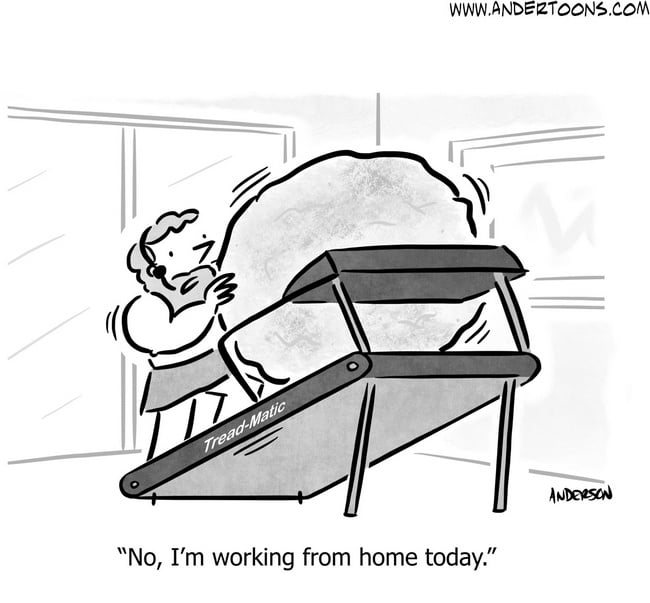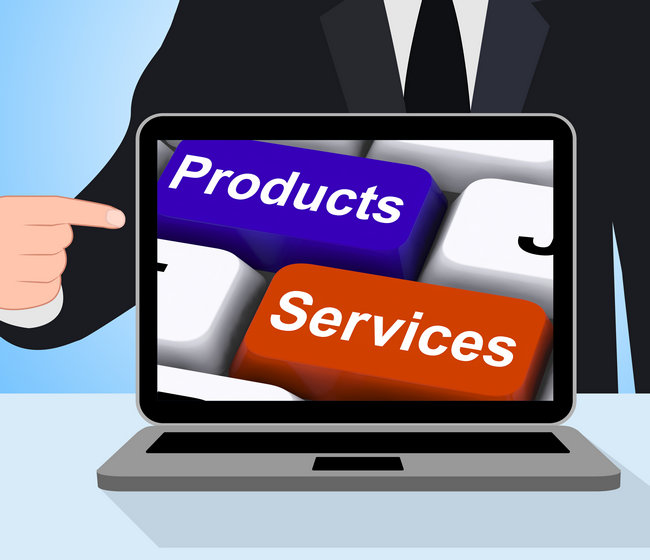2020 saw the biggest shift in B2B buying, selling, and marketing in recent history. What was originally speculated to be a temporary pivot ended up being a cataclysmic shift in how revenue is generated in B2B organizations. The trends and strategies that emerged have permanently altered the future of B2B buying.
The biggest change to the B2B landscape over the last year has been the move to digital selling strategies. Digital is now the preferred contact and buying method for B2B buyers to do research, order products, and schedule service. And like many of the changes we have seen arise in 2020, the digital trend does not appear to be going anywhere any time soon. In fact, 80% of B2B buyers want to stick with digital interactions (remote interactions and digital self-serve) in 2021 and beyond.








